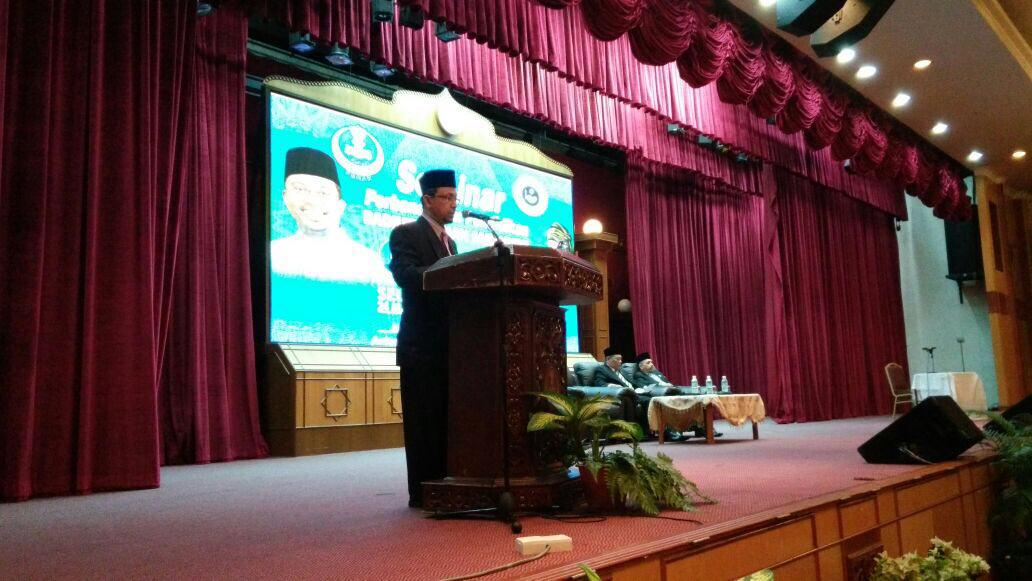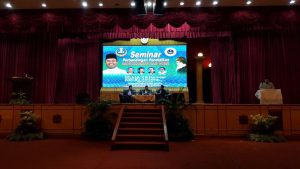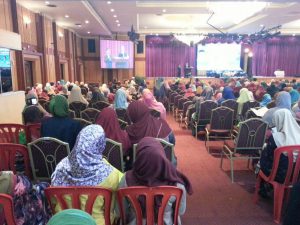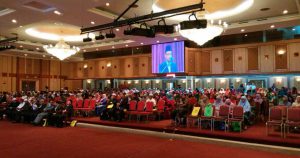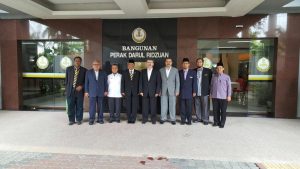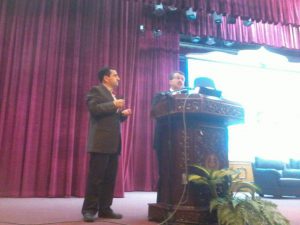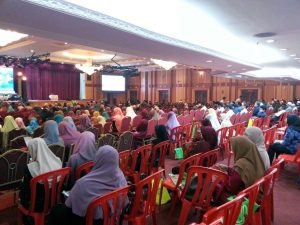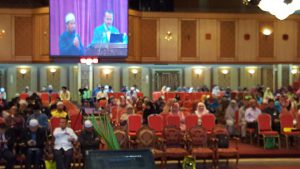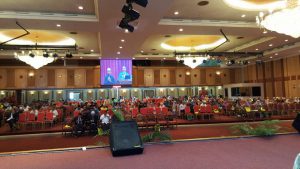Want create site? Find Free WordPress Themes and plugins.
Hayrat Foundation and the Religious Affairs Presidency of the Peraq State of Malaysia held a symposium themed “Imam Bediuzzaman Said Nursi’s Educational System and Hayrat Foundation Model.”
Organized as part of the traditional “Risale-i Nur and Bediuzzaman Said Nursi Week” in Perak State, the President of the State Dr Zambry Bin Abdul Kadir, minister of Religious Affairs of Perak, president of High Council of Religious Affairs, and many NGO representatives, academicians, managers and students attended the symposium.
The Symposium started with the opening speech of the president of Religious Affairs of Perak. Two speakers from Turkey and one speaker from Malaysia gave talks in the symposium. Hayrat Foundation Ankara representative Mr Said Yavuz gave a speech titled “The role of Risale-i Nur in saving the faith of Turkish nation.” Hayrat Foundation Kahramanmaraş province representative Mr Feridun Işıklı gave a speech titled “Hayrat Foundation in the educational system of Risale-i Nur.” And the chairman of the board of WADAH, Malaysia, Mr Ahmed Azam Abdurrahman gave a speech titled “Islamic life in Turkey and Risale-i Nur.”
The symposium also attracted a great deal of attention from the public.
At the end of the program, Hayrat Foundation’s Malay translations of Risale-i Nur were given as presents to the participants.
Risale-i Nur and Bediuzzaman Said Nursi Week was first announced by the Religious Affairs Presidency of Perak, and “the history of Imam Said Nursi and Risale-i Nur” was theme in the programs. This year is a continuation of last year; the educational system of Imam Nursi, education method of Risale-i Nur, and Hayrat Foundation model were presented to Malaysian people.
Moreover, in connection with the week, various programs were held in many educational centres, different mosques and masjids for the public.
Did you find apk for android? You can find new Free Android Games and apps.














